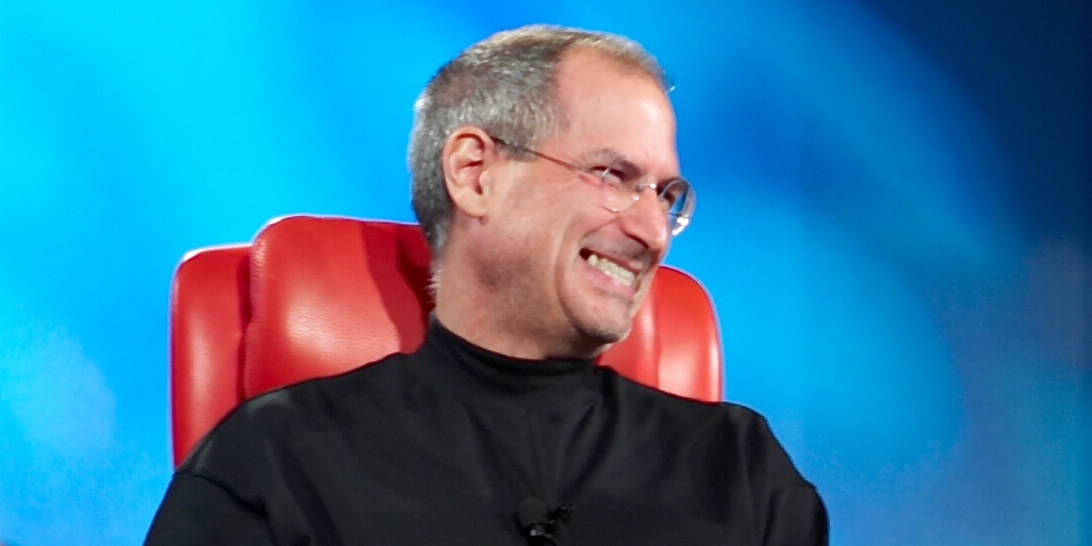
Our culture idolizes entrepreneurs — hoisting them up on impossibly high pedestals and demonizing them when they inevitably fall from grace. That dysfunctional dichotomy says more about our childish attitudes toward business leaders than it does about them.
Last year, famed rapper and entrepreneur 50 Cent filed for Chapter 11 bankruptcy after making more than $100 million off his record label, his clothing line, and a vitamin water company acquired by Coca-Cola. He’s not broke, mind you; just using the court system to stiff creditors for $28 million.
Once heralded as an entrepreneurial rock star, Theranos founder Elizabeth Holmes marketed proprietary lab testing technology to consumers that wasn’t ready for prime time. Tens of thousands of blood test results had to be voided. Nobody knows how many misdiagnoses that caused.
In late December of 2001, ImClone founder and CEO Sam Waksal tipped off family and friends that his company’s new cancer drug, Erbitux, was about to be rejected by the FDA. He was convicted on insider trading and tax evasion charges and served five years in federal prison. Martha Stewart went to jail over the same scandal.
The great irony of the story is that Erbitux was later approved by the FDA and has been a major drug in the fight against cancer. In 2008, ImClone was acquired by Eli Lilly for $6.5 billion. And Waksal, who has a doctorate in immunobiology, has since founded cancer and autoimmune drug startup Kadmon Holdings, which went public earlier this year.
You may not feel empathy for these entrepreneurs and I doubt they deserve it. Hubris is not exactly a likable leadership trait. But what many successful business leaders lack in humility and ethics, they more than make up for in vision and tenacity. Case in point: one Steven P. Jobs.
Around the same time that events were unfolding at ImClone, the tech industry was embroiled in a far reaching scandal: stock option backdating. Executives at dozens of tech companies received back-dated stock options to take advantage of lower exercise prices.
The practice was entirely legal, except for one catch: the net gain is a taxable expense for the company. Failing to report it accurately or covering it up amounted to accounting fraud.
By 2008, dozens of top executives from Altera, Broadcom, Brocade, Cirrus Logic, KLA-Tencor, McAfee, Take Two, Verisign more than a dozen other technology companies had lost their jobs over the fallout. Many more had to give up their ill-gotten gains. One or two received prison terms.
One of the companies hardest hit by the scandal was Apple. In 2006, the Securities and Exchange Commission (SEC) investigated two large backdated option grants: one for 4.8 million shares to the company’s executive team and another for 7.5 million shares to Jobs, who was CEO at the time.
An internal investigation by Apple resulted in SEC charges being brought against two top executives, both of whom had benefitted directly from the backdated options. SVP and General Counsel Nancy Heinen mainly took the fall for $40 million in underreported expenses, but CFO and director Fred Anderson was also severely sanctioned.
Funny thing is, Apple’s investigation exonerated Jobs. By chance, his options were underwater and had been cancelled and replaced with restricted shares. So he never benefitted from the backdating, even though he knew about. He also got a pass for being unaware of the accounting implications, despite circumstantial evidence to the contrary. A similar investigation at Disney into backdated options at its Pixar subsidiary also cleared Jobs of any wrongdoing.
It was just plain luck that neither investigation found a smoking gun. That might have forced both Apple and the SEC’s to do what neither wanted to do: fire one of the nation’s most celebrated CEOs and charge him with accounting fraud. More important, the investigation occurred in 2006 — before Apple’s famed turnaround and the launch of the iPhone and iPad, which changed everything. Jobs and Apple narrowly dodged a bullet that might have changed history.
The point of these stories: Entrepreneurs and business leaders are just like everyone else. They’re human. They make mistakes. We should not rush to judgement and prematurely idolize or demonize them based on media hype. History will always take the long view, as should we.
For more on what it takes to be successful in today’s highly competitive business world, get Steve’s new book, Real Leaders Don’t Follow: Being Extraordinary in the Age of the Entrepreneur, and check out his blog at stevetobak.com.
A version of this originally appeared at entrepreneur.com.
Image credit Joi Ito via Flickr